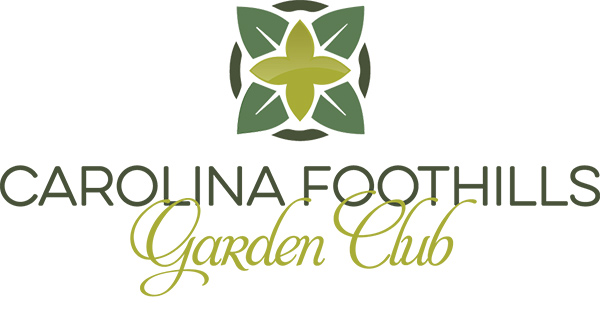Resources

Falls Park
“It starts right in town in Falls Park… inviting trails and gardens greet visitors, leading off to a revitalized Main Street, with local shops, craft-beer pubs, and a global array of restaurants.
– LonelyPlanet.com

Pedrick’s Garden
Completed in 2014, Pedrick’s Garden is a 2 acre garden in Falls Park that was designed to memorialize Pedrick Lowrey, a member of Carolina Foothills Garden Club and active community leader.
Ace Basin
The Ashepoo, Combahee and South Edisto (ACE) Basin represents one of the largest undeveloped estuaries on the east coast of the United States. The ACE Basin consists of approximately 1.1 million acres of diverse habitats including pine and hardwood uplands, forested wetlands, fresh, brackish and salt water tidal marshes, barrier islands and beaches.
South Carolina Botanical Garden
The South Carolina Botanical Garden is a diverse 295 acres of natural landscapes, display gardens and miles of streams and nature trails. Together with distinguished education and outreach programs, a nationally recognized nature-based sculpture collection, and the Bob Campbell Geology Museum, the SCBG is a premier site for experiencing nature and culture.
SC Native Plant Society
The South Carolina Native Plant Society is a non-profit organization committed to the preservation and protection of native plant communities in South Carolina. The Society works to make this happen by providing programs and activities including field trips, plant rescues, native plant sales, monthly educational lectures and educational journals.
South Carolina Wildlife Federation
The mission of the South Carolina Wildlife Federation is to Conserve and restore South Carolina’s wildlife and wildlife habitat through education and advocacy. The conservation and education programs at SCWF focus on protecting habitat for wildlife across the Palmetto State, from the mountains to the sea.
Clemson Cooperative Extension
Home and Garden Information Center (HGIC)
The (HGIC) provides research-based information on landscaping, gardening, plant health, household pests, food safety and preservation, and nutrition, physical activity, and health. It is designed to complement Clemson’s network of professionals and volunteers by answering the routine types of calls and thereby freeing agents to deal with commercial agriculture/horticulture questions and conduct proactive programming to larger audiences.
Toxic Pesticides Health Risks
Growers sometimes depend upon pesticides to protect their plants from destructive insects, weeds, bacteria and other pests. But the potent chemicals they use can also impact humans. Exposure to pesticides can make you ill, and some products have been linked to cancer and neurological problems in children.

